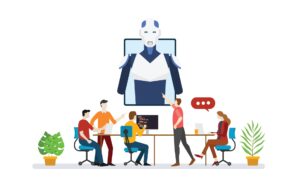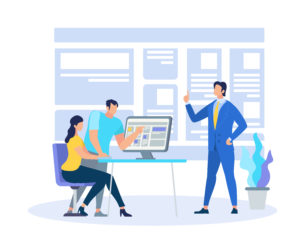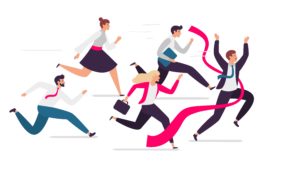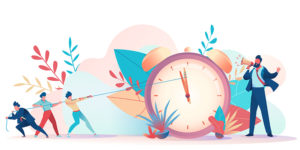
by Laura Stack, MBA, CSP, CPAE "Artificial intelligence would be the ultimate version of Google. The ultimate search engine that would understand everything on the web. It would understand exactly what you wanted, and it would give you the right thing. We’re nowhere near doing that now. However, we can get incrementally closer to that, and that is basically what we work on." ― Larry Page, co-inventor of the Google search engine. Is there anyone in the Western world who hasn't seen (or at least heard about) the Terminator or Matrix movie franchises? As much as we've loved our Tamagotchis, Furbys, and Roombas, we still worry our digital and robotic creations will grow beyond us so fast and so far they'll learn to hate us or simply become indifferent to our presence, destroying us in … [Read more...]











